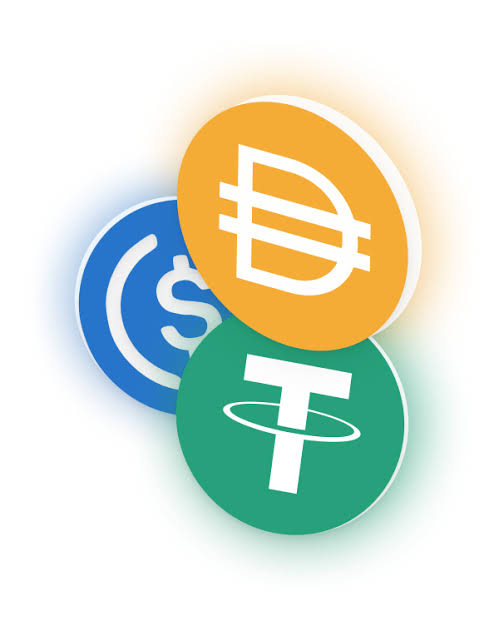Let's say you are wanting a new way to get around. Well, the way that I see it, you can either buy your own car and have to manage that car like keep it up to late. Change the oil, replace the tires and all that stuff. It's overall responsibility to keep that car because it's yours.
Well the alternative is that you could rent a car. This means you can borrow a car for a monthly payment and in that case it for whatever purpose you might need. You just pay the owner the rent for using that car and then you don't have to worry about any of the issues. Depending on the different factors in your life, you would have to choose the one that best fits your need and which one was wiser to go with.
For example, you may not have a bunch of cash to buy a new car outright or may be you were just super busy and you don't want to take care of the maintenance.
Well, if you think of this analogy it's preety much the same as the difference between a coin and a token. A coin uses its own blockchain to keep the track of all the data which in our car example would be a owning a car.
When it comes to token though you are using someone else's coins blockchain as your infrastructure while you basically pay rent. When you create a token you don't have to create the blockchain, write the full code and worry about how it should be validated. Instead you just create the token and it runs on that blockchain.
The best example for this would be Avalanche. Avalanche uses it's own blockchain that both stores value and validates transactions. Avalanche's team has been working very hard on improving the entire system updating how it works and patching vulnerabilities. An avalanche token uses Avalanche's blockchain capabilities as it's back bone and infrastructure. By creating a token it can rely on Avalanche network to provide safety and stability while they focus on their own product.
Also you should know that the developers of that token can migrate from a token to a coin. If they decide that their project is growing quick enough.
So here's an important thing. You can't convert a token straight into a coin. You can create a coin that functions the same way and then create a bridge that will allow users to swap out their tokens for the new coins.
Different Types Of Tokens In The Avalanche Network
Platform Tokens
Platform Tokens are created to support a decentralized applications on the blockchain.
Foe example, Pangolin is a decentralized application that allows users to swap out Avalanche tokens to other Avalanche tokens even though they are a decentralized app they also have their own token, PNG token. This token is given out to those who invest in their platform and it has the promise that eventually token holders can vote on changes in the future and may be even earn some of the profits from the trade.
Security Tokens
Security Tokens are minted to represent ownership of another assets. Say you wanted to buy gold, but you don't actually want to hold the gold. Someone could create a token that is tracked to the price of gold. So instead of actually owing the gold you owned a representation of it. Which is technically would be much safer because it is much more difficult to hack an Avalanche tokens than it is to break into someone's house.
Now the tricky part here is that there should be a real asset behind it. For example, I could create a gold token ask you to invest in it and not have any gold. Sherpa Cash Security native token $SHERPA in the Avalanche network. A user generate a random key(note) and deposits Avax or an Erc20 along with submitting a hash of the note to the Sherpa Cash smart contracts.
Transactional Tokens
Transactional Tokens are used as a fast and easy way to transfer money. If we think of the coin Xdie it is the currency pegged to the United States Dollars, and it's easy for people to pay. For example say maybe coffee or buying that shirt you like that at local store. You can use it the same as cash. However the expenses of it are super low. Right now the transaction fee is 0.00002USD and that is ridiculasy low.
To give an idea of how cheap that fee is you could make 47,000 transactions and only pay $1 in fees for all of them. Try to doing that on PayPal or through a bank wire. You can use USDT.e USDC.e UST.e stablecoins on Avalanche network.
And lastly,
Governance Tokens
Governance Tokens allow holders to vote on creating things. For example, PNG could be a governance token in a future version of the Pangolin exchange. Token holders could choose to vote to raise the fee of a Pangolin trade from 0.3% to 0.6% and everyone with a tokens would be allowed to vote that change. The decision with most votes chooses the winner. So you actually have more voting power by holding more tokens.
Conclusion
Now we have went over the different types of tokens. Hopefully you understand why we need them and how some of them works.






